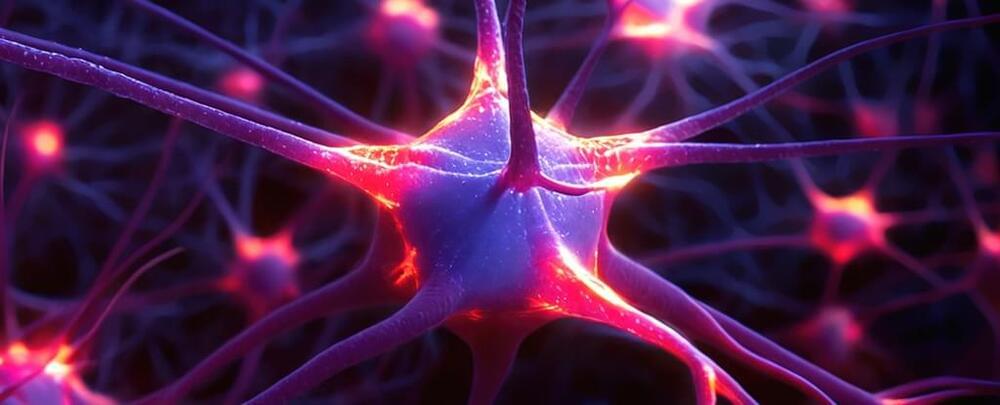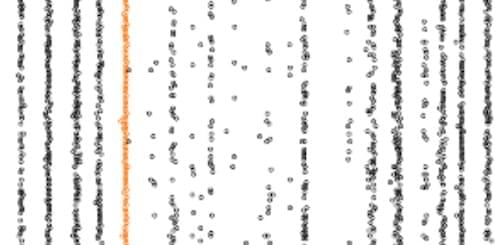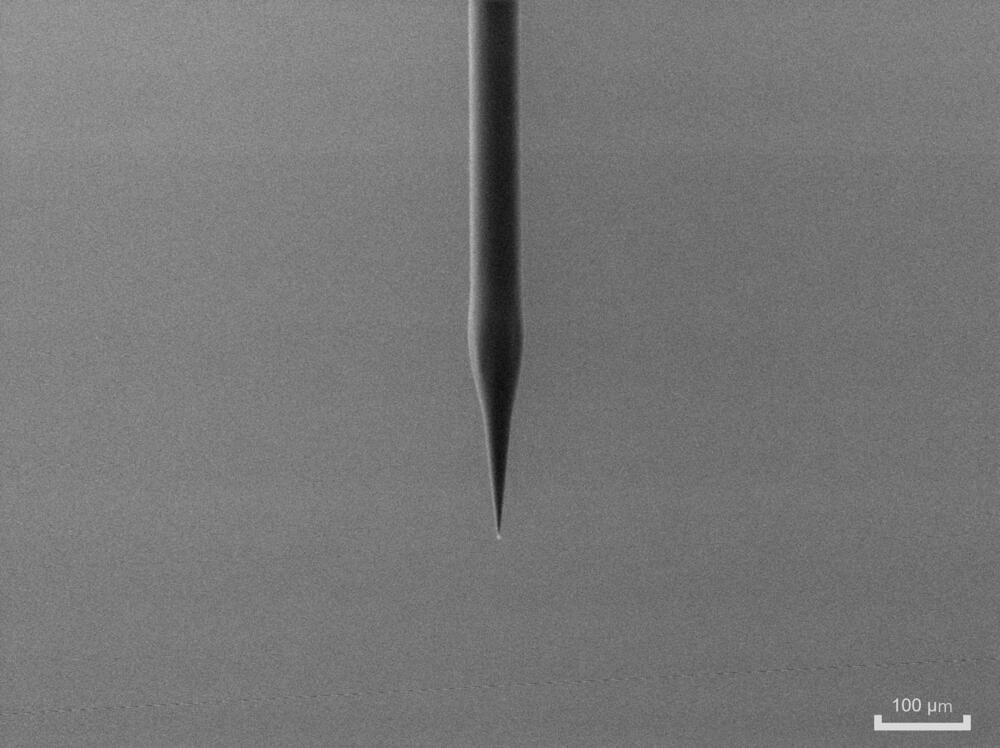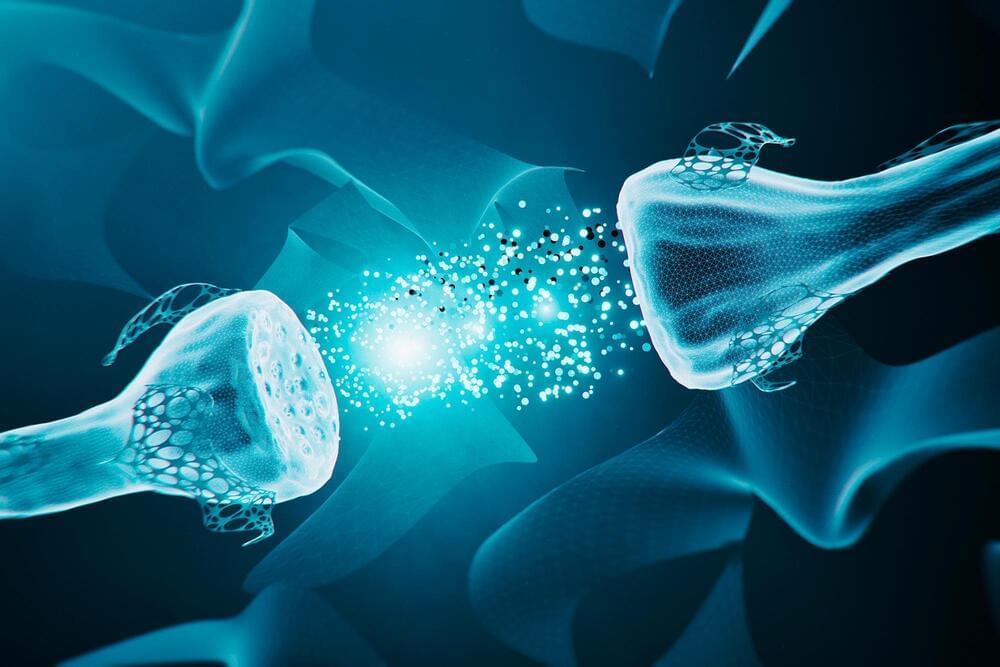Leading A Government-Wide Response To Long COVID — Dr. Ian Simon, Ph.D. — Director, Office of Long COVID Research and Practice, Office of the Assistant Secretary for Health (OASH), U.S. Department of Health and Human Services (HHS)
Dr. Ian Simon, Ph.D. is the Director for the Office of Long COVID Research and Practice (https://www.hhs.gov/longcovid/index.html), in the Office of Science and Medicine, in the Office of the Assistant Secretary for Health at the U.S. Department of Health \& Human Services.
The Office of Science and Medicine harnesses the power of collaboration, scientific analysis, data-driven innovation, and emerging technologies for advancing initiatives across the Department, including not just Long COVID, but in the areas of behavioral health, health equity, kidney disease, infection-associated chronic conditions, mother-infant dyad, sickle cell disease, and traumatic brain injury.
Previously Dr. Simon was the Assistant Director for Health Strategy and Biopreparedness at the White House Office of Science and Technology Policy, where he led pandemic prevention and biosecurity policy priorities. Most recently, he was the Senior Advisor to the Director of NIH’s National Institute of Allergy and Infectious Diseases (NIAID).
Prior to working at NIAID, Dr. Simon was the Assistant Director of the Institute for Defense Analyses (IDA) Science and Technology Policy Institute. In that role, he specialized in developing policy initiatives including bioeconomy, STEM education, pandemic preparedness, biosecurity, and international S\&T cooperation.







